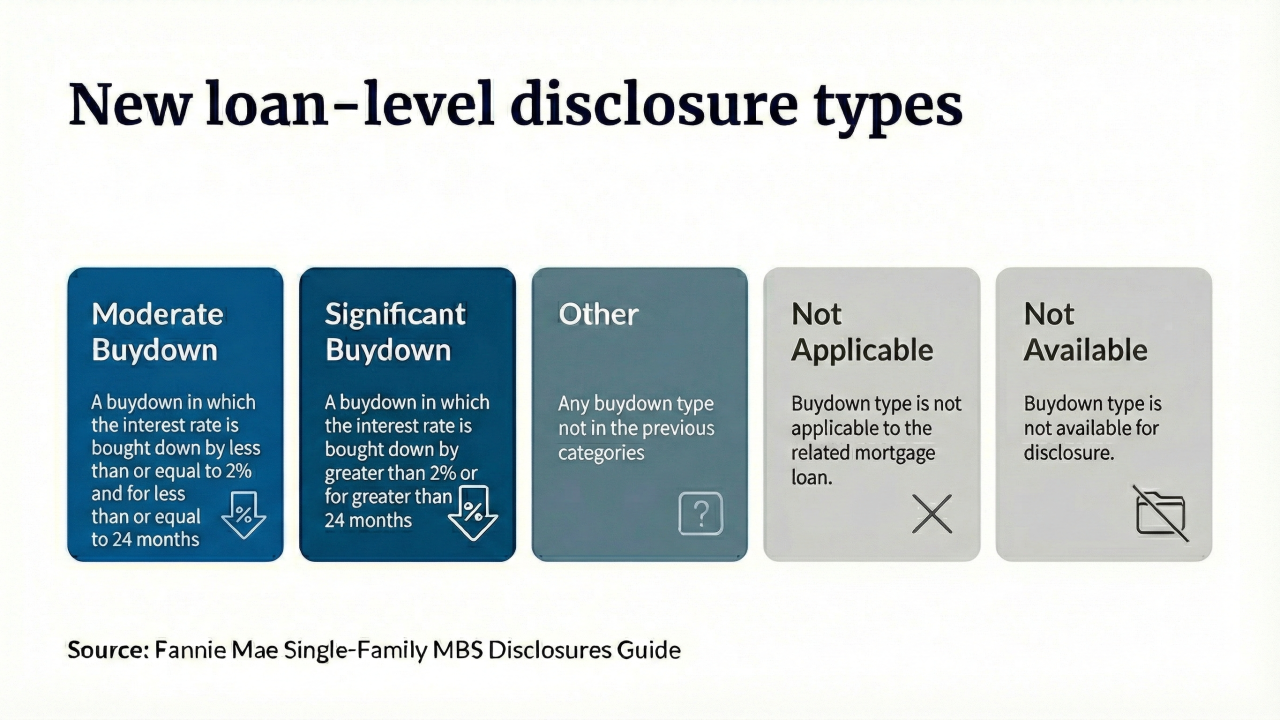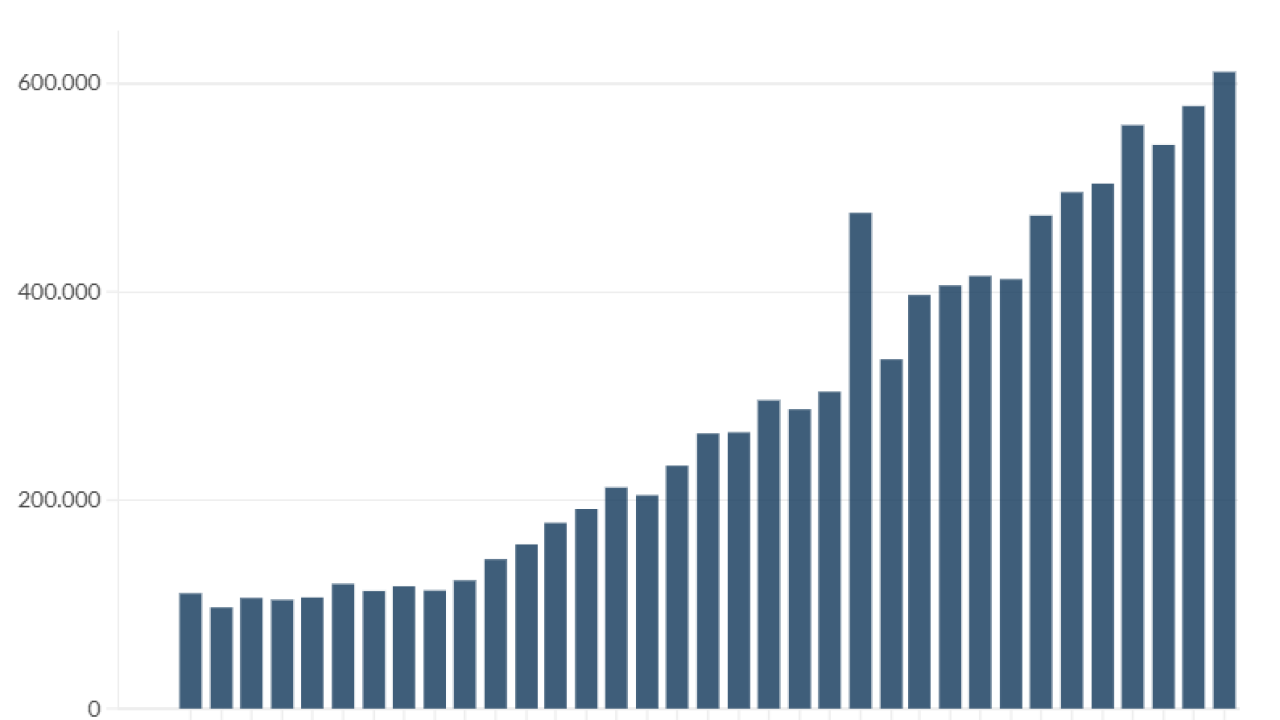At the Global ABS conference in Barcelona this month, the Italian securitization panel discussed positive predictions that would encourage the continued growth of Italian transactions.
Despite a number of set backs experienced this year, such as the pending Eurostat decision on government-backed securitizations (which the Italian government utilized to a great extent) panelists said there is still room to explore new areas.
So far this year, figures for 2002 have registered slightly below volumes recorded at the same time in June 2001, but this could be attributed to the number of private transactions completed in the market this year. On average, public securitization deals done this year have increased in size.
And despite 2001 being referred to as the "explosion" of the market, sources expected to see a similar groundbreaking consistency again this year. "The asset base can be expanded depending on future legislation," said one panelist. "Law 130 needs to clarify future flows and future credits." The panelist added that future flows in France grew to represent almost 50% of issuance last year, signaling the interest in this structure.
The Italian ABCP market is also an area that will be explored. "At the moment we have not seen many," said one source. "But maybe this will be favored by corporates if the tax constraints are removed. The European ABCP market in general is beginning to be a sizeable market."
The Italian market has not facilitated short-term issuance to date. Under the Italian fiscal regimes, commercial paper with a maturity under 18 months suffers from fiscal disadvantages. Law 107 also requires that only certain financial institutions are able to act as servicers in transactions, and it remains unclear as to which future flow assets can be included.
The market, however, has managed to complete conduits primarily by employing non-Italian conduits - the latest of which is sponsored by IntesaBci SpA. Romulus Funding Corp., a $2 billion conduit, is not the first foreign conduit to sell Italian assets, but it is the first Italian conduit that will be sponsored by an Italian bank. "Other banks have been sponsored by other banks and other corporates; this is the first bank in Italy that is sponsoring the program according to its customer base," explained one market source.
The program is a U.S.-based conduit. At press time, sources were unable to confirm whether Intesa had successfully dealt with the tax withholding issues that make foreign conduits a less attractive alternative for Italian banks. One market source noted that law 107 has yet to be amended to properly address the use of this short-term alternative, and it is likely that the bank must still comply with current regulations.
According to Standard & Poor's, however, Italian banks increasingly view securitization transactions as a useful balance sheet management tool that potentially enhances versatility on both the asset and liability sides. It also allows for greater financial flexibility.




